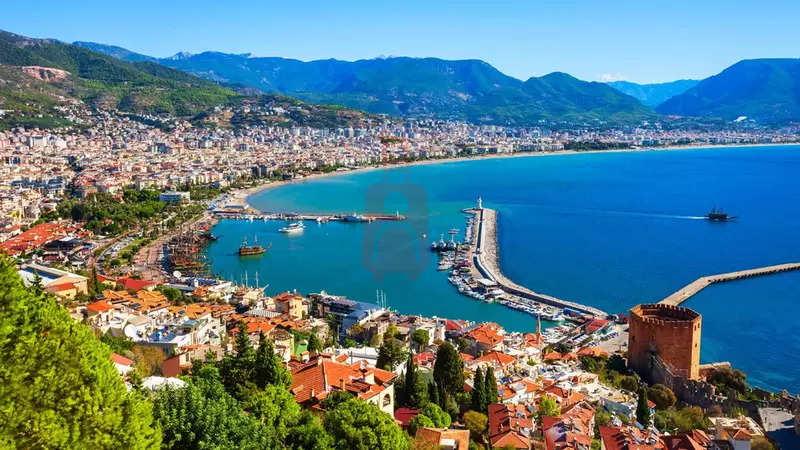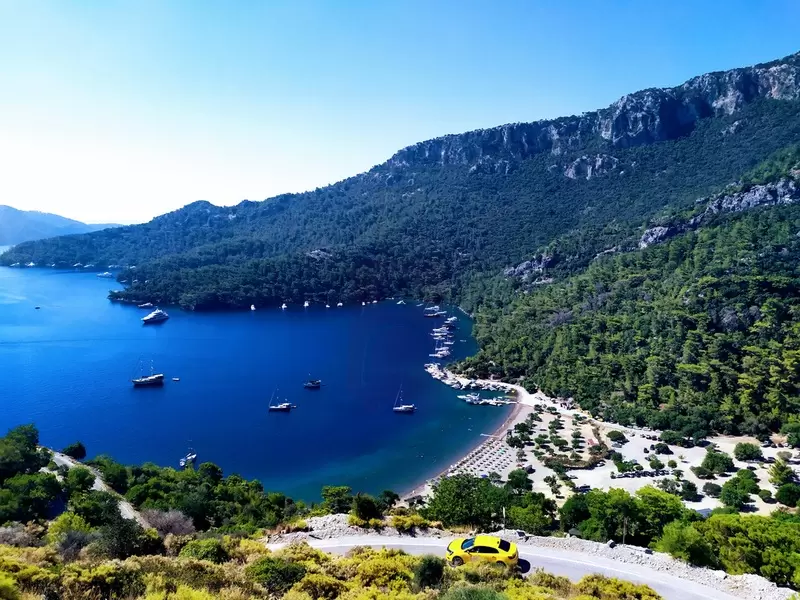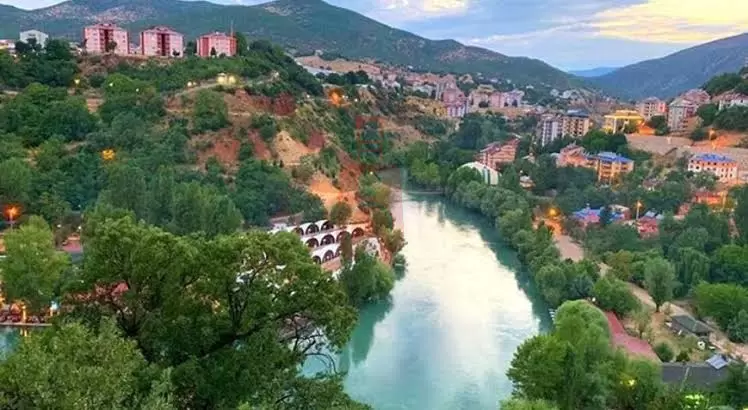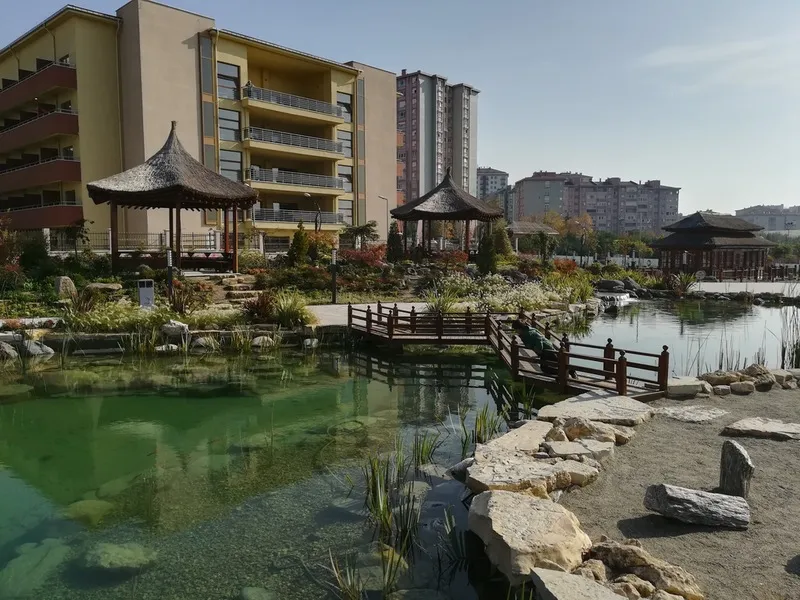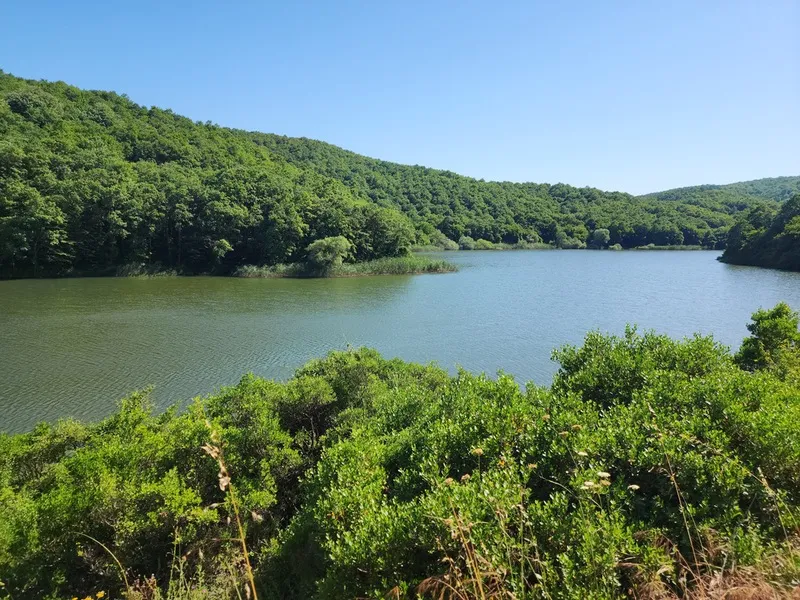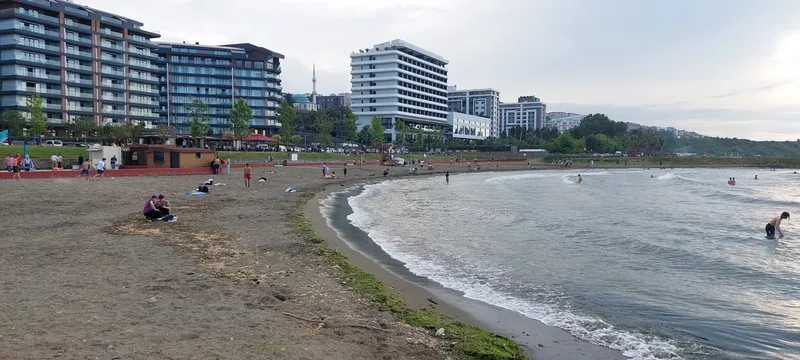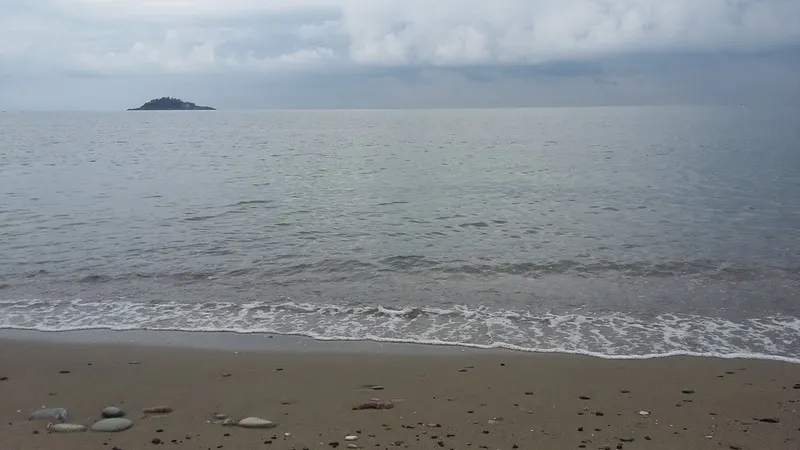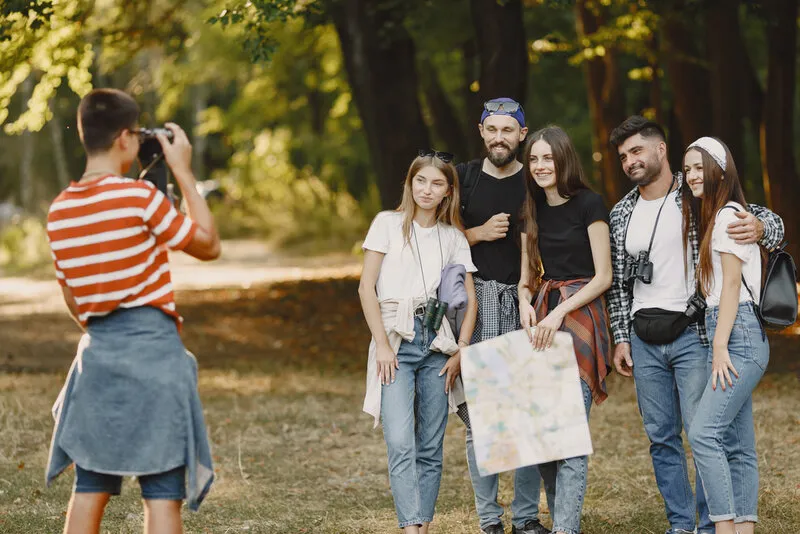
Volunteer Travel in Türkiye: Giving Back While Discovering Ancient Worlds
Türkiye offers a profoundly rewarding approach to travel through its vast array of [Volunteer Travel] opportunities. Combining vacation time with meaningful service allows travelers to move beyond traditional tourism, engaging directly with local communities, preserving historical sites, and contributing to crucial environmental efforts. The country’s commitment to heritage and environment, supported by both government bodies and dynamic NGOs, creates diverse and specialized placements across all regions.
As your professional guide, I confirm that [Volunteer Travel] in Türkiye is highly structured, offering specialized projects in four main categories: Archaeology, Cultural Preservation, Environmental Conservation, and Community Support. This detailed guide highlights the key areas of need, the organizations involved, and the unique skills you can contribute while exploring the magnificent landscapes of Anatolia.
I. Cultural Heritage and Archaeology Projects
Türkiye’s unmatched historical depth means there is a constant, urgent need for assistance in excavation and restoration projects, offering volunteers a rare opportunity to literally touch the past.
Digging into Ancient History (The Major Sites)
Major university and museum-led excavations regularly recruit non-specialist volunteers, offering a hands-on experience in archaeology. Volunteers often assist with basic excavation, cleaning finds, cataloging, and restoration work. Key areas for these placements include:
- The Neolithic Revolution: Projects near [Şanlıurfa] (home to [Göbeklitepe] and the [Taş Tepeler] region) often seek volunteers for work on pre-Neolithic sites like [Çakmaktepe], helping to uncover the origins of human settlement.
- Classical Ruins: The Aegean and Mediterranean coasts offer continuous opportunities. Sites like [Stratonikeia] (Muğla), [Kremna] (Burdur), and [Perre Ancient City] (Adıyaman) require help with surveying, cleaning Roman and Lycian ruins, and cataloging artifacts.
- Restoration Work: Organizations like [ÇEKÜL Foundation] (Foundation for the Protection of Environmental and Cultural Heritage) often run projects focusing on the restoration of traditional Ottoman architecture in towns like [Mudurnu] or [Safranbolu].
These roles are perfect for students or travelers with a deep passion for history who desire a tangible connection to the past, often living directly on or near the dig site.
II. Environmental Conservation and Trail Maintenance
Türkiye’s long-distance hiking routes and vital wetlands require ongoing maintenance and ecological monitoring, creating ideal placements for environmental volunteers.
The Coastal Trails and Trailblazing
The [Culture Routes Society] (Kültür Rotaları Derneği) and partners often organize short-term volunteer camps specifically for maintaining and marking Türkiye’s famous trails.
- Lycian Way Maintenance: Volunteers spend time on the [Lycian Way] (Antalya/Muğla), working on sections near [Phaselis] or [Tekirova]. The work involves clearing overgrown bushes, repainting the distinctive red-and-white trail markers, and repairing erosion damage. This is a highly rewarding way to hike the trail's most beautiful sections while contributing directly to its sustainability.
- St. Paul Trail and Carian Trail: Similar maintenance projects exist for other major routes, allowing volunteers to live outdoors, camp, and hike as part of their contribution.
Wetlands and Marine Conservation
Organizations like [TÜRÇEV] (Turkish Foundation for Environmental Education) focus on coastal and marine ecology.
- Blue Flag Support: Volunteers may assist in environmental education programs supporting Blue Flag beaches, waste management initiatives, and clean-up drives along the [Aegean] and [Mediterranean] coasts.
- Turtle Protection: Volunteer roles often exist during the summer nesting season (May–September) to monitor and protect [Caretta Caretta] (sea turtle) nesting sites along beaches in [Fethiye] or [Dalyan].
III. Social and Community Support
Social volunteering provides a direct connection with contemporary Turkish society, focusing on youth development, education, and community solidarity.
Youth and Community Engagement
Organizations like [TOG] (Toplum Gönüllüleri Vakfı / Volunteers of Turkey Foundation) and government platforms like [Gönüllüyüz BİZ] (We Are Volunteers) coordinate activities aimed at social good.
- Educational Support: Projects often involve visiting rural or less-developed [Village Schools], organizing creative workshops, tutoring students, or helping to renovate school buildings.
- Social Solidarity: Opportunities exist in urban centers like [Antalya], [Rize], and [Istanbul] (via local youth centers) to participate in programs aimed at supporting the elderly, promoting environmental awareness among youth, or assisting with sports and cultural events.
European Solidarity and Exchange
The [European Solidarity Corps (ESC)] program, coordinated in Türkiye by the [Turkish National Agency], offers structured, funded long-term (2–12 months) and short-term (14–59 days) placements for young people (ages 18-30).
- ESC Projects: These roles focus on international cooperation in areas like cultural heritage restoration (e.g., historical buildings in [Mudurnu]), environmental protection, or refugee assistance, providing a highly organized and budget-friendly way to live and contribute abroad (travel, accommodation, food, and pocket money are often covered).
IV. Planning Your Volunteer Expedition
Volunteer travel requires detailed preparation to align your skills with the projects' needs and timing:
- Timing: [Archaeology] projects typically run during the [Summer] (June–September) due to dry weather conditions. [Trail Maintenance] is best done in the [Spring] or [Autumn] to avoid heat.
- Platform Use: Utilize the national [Gönüllüyüz BİZ] platform or contact established NGOs like [TOG] and [Kültür Rotaları Derneği] directly to find verified projects.
- Cost: While many international programs (like ESC) cover costs, local NGO projects often require the volunteer to cover their own [accommodation and food] (making camping or budgeting for local guesthouses necessary).
- Skills: Be clear about your skills—even non-specialists are needed for general labor (digging, clearing, organizing), but specific knowledge (archaeology, teaching, language skills) can open up specialized placements.
Volunteer travel offers a deeply meaningful way to engage with Türkiye, transforming your visit into a lasting contribution to the preservation of its culture, history, and natural heritage.
